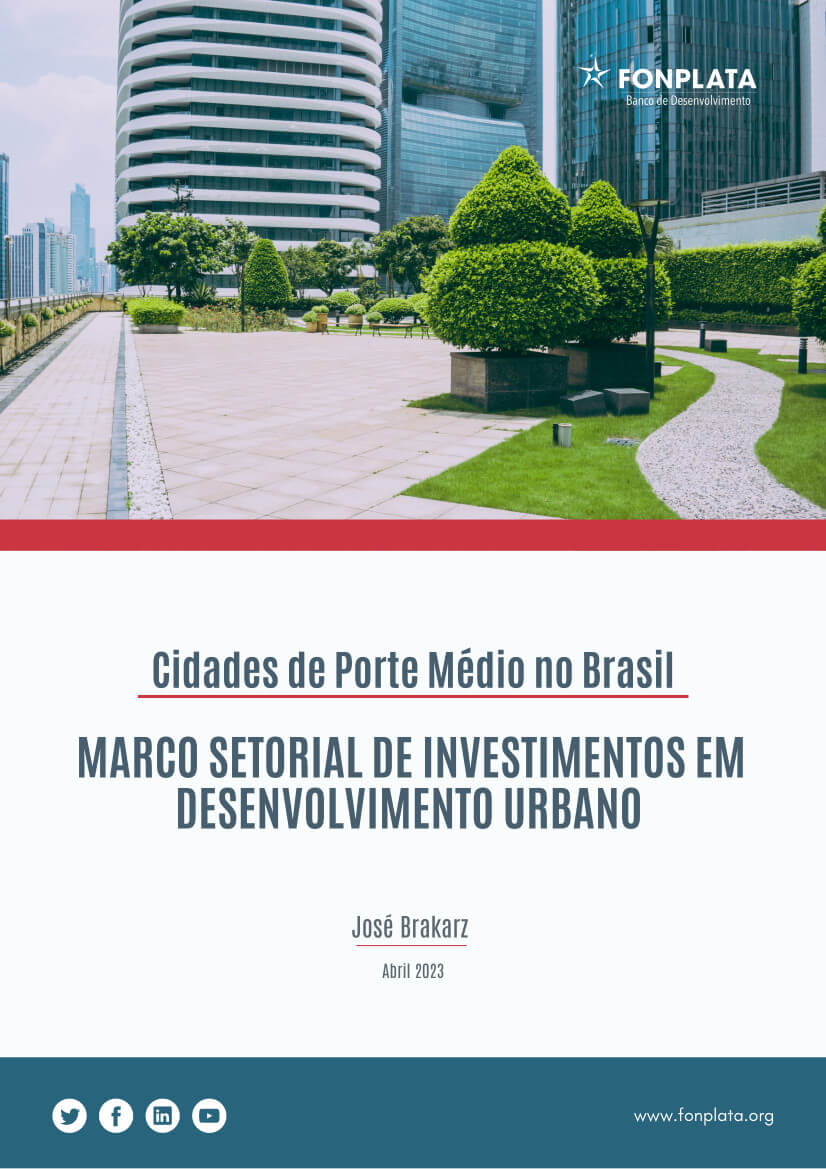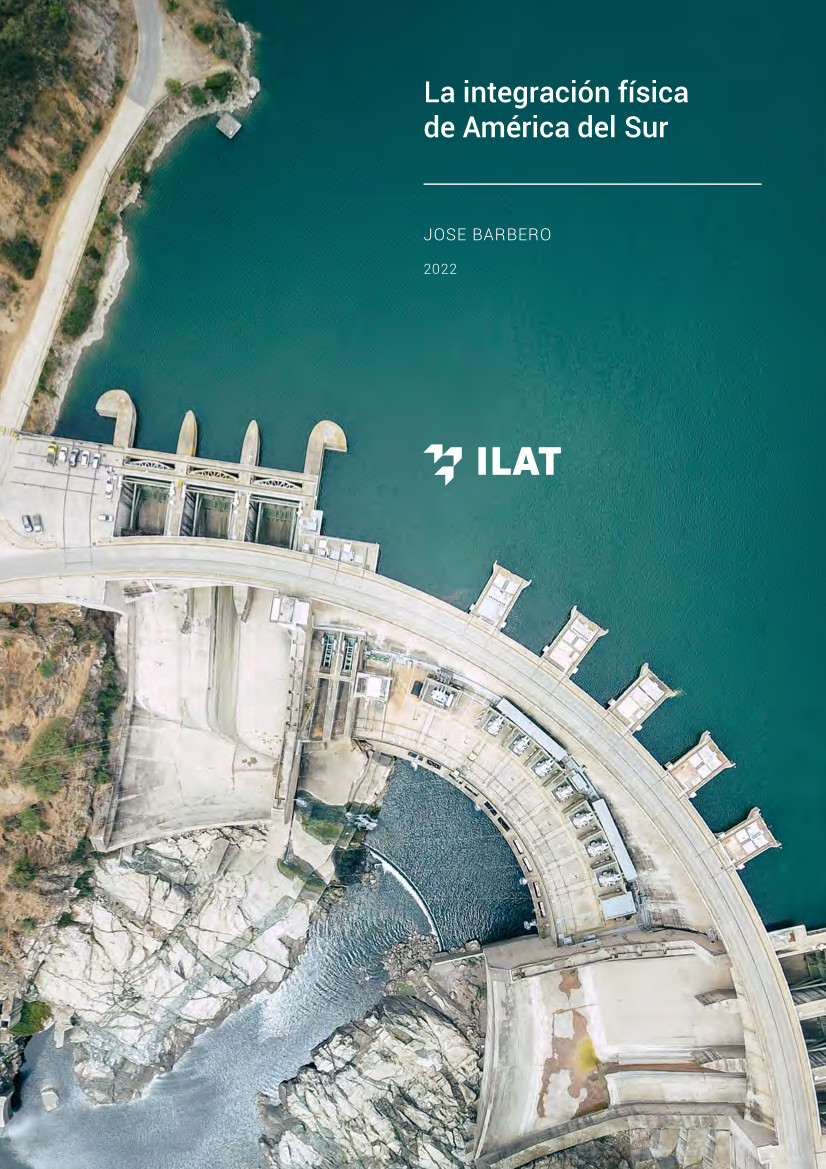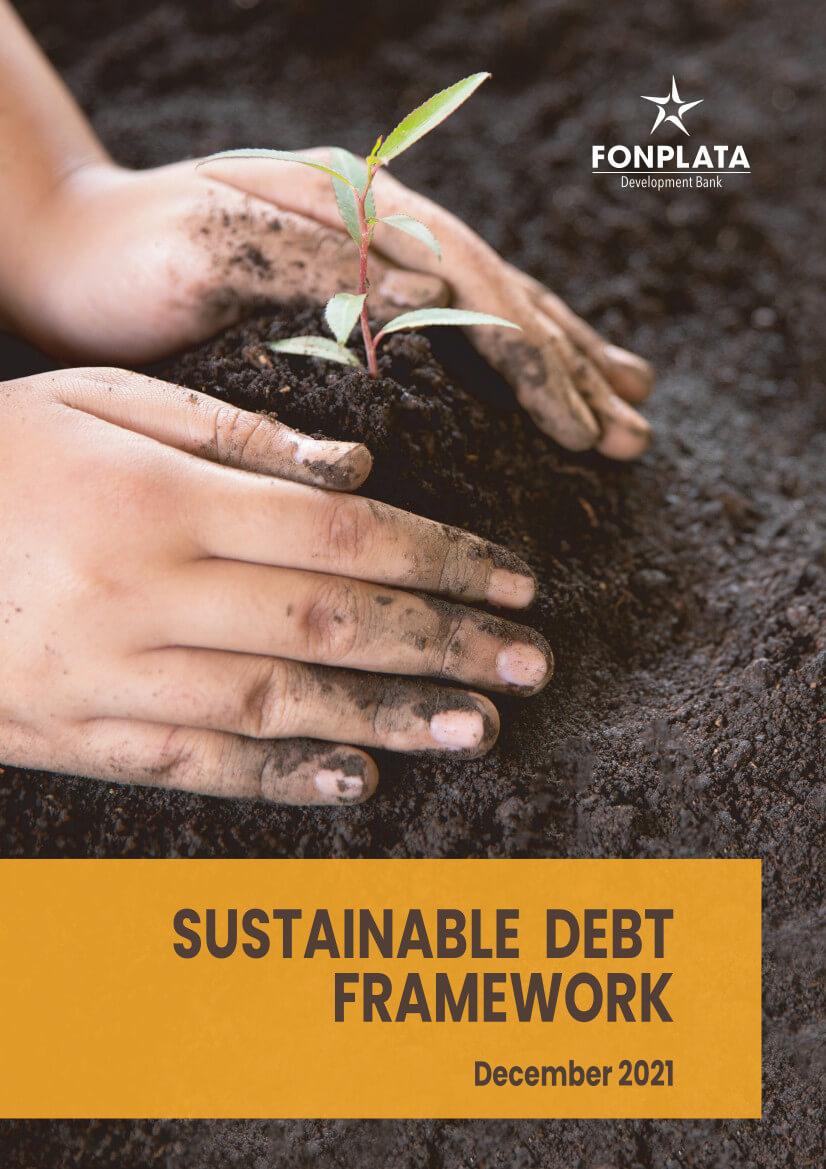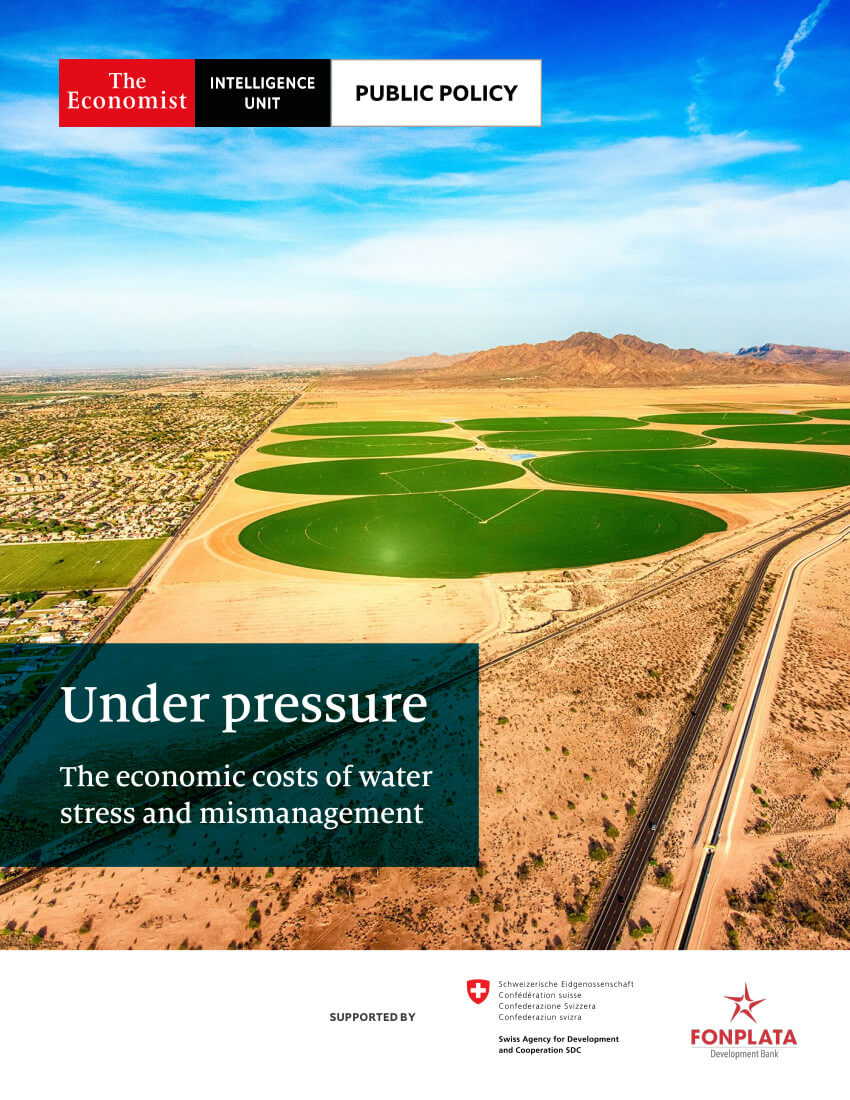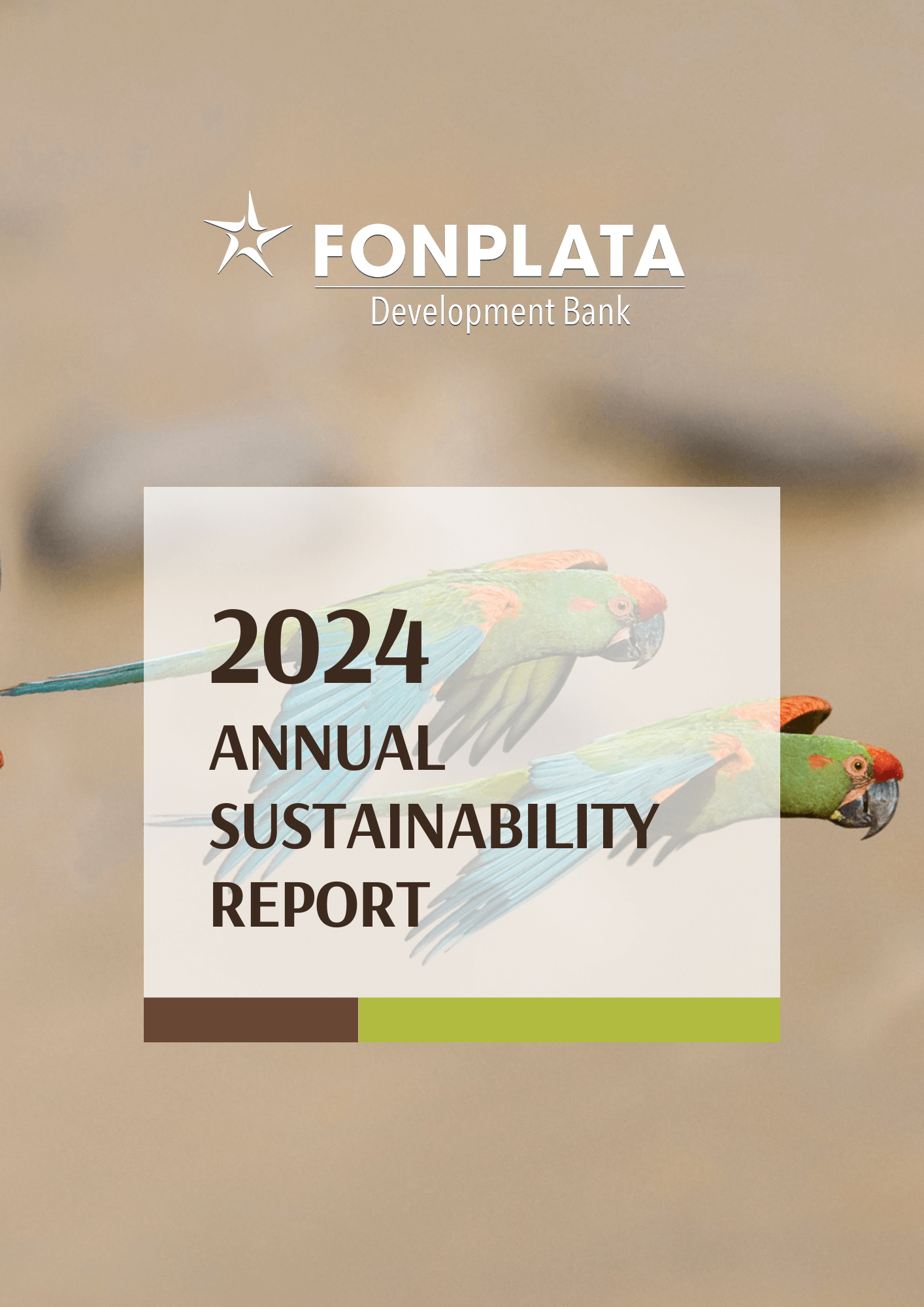
Author: Rafael Ranieri y Brisa Rejas
Publication date: November 2025
Annual Sustainability Report 2024
The 2024 Annual Sustainability Report details the impact and allocation of proceeds raised under the SDF through 2024. The report presents the alignment of MDS-financed projects with the Sustainable Development Goals, and institutional progress that strengthens MDS governance and transparency.
In 2024, FONPLATA consolidated its commitment to sustainability through a significant expansion of its sustainable funding program, diversifying currencies, markets, and investors. This growth allowed more resources to be allocated to projects with potential social and environmental impacts. With this second report, the Bank reaffirms its role as a key player in mobilizing financing for sustainable development in the region
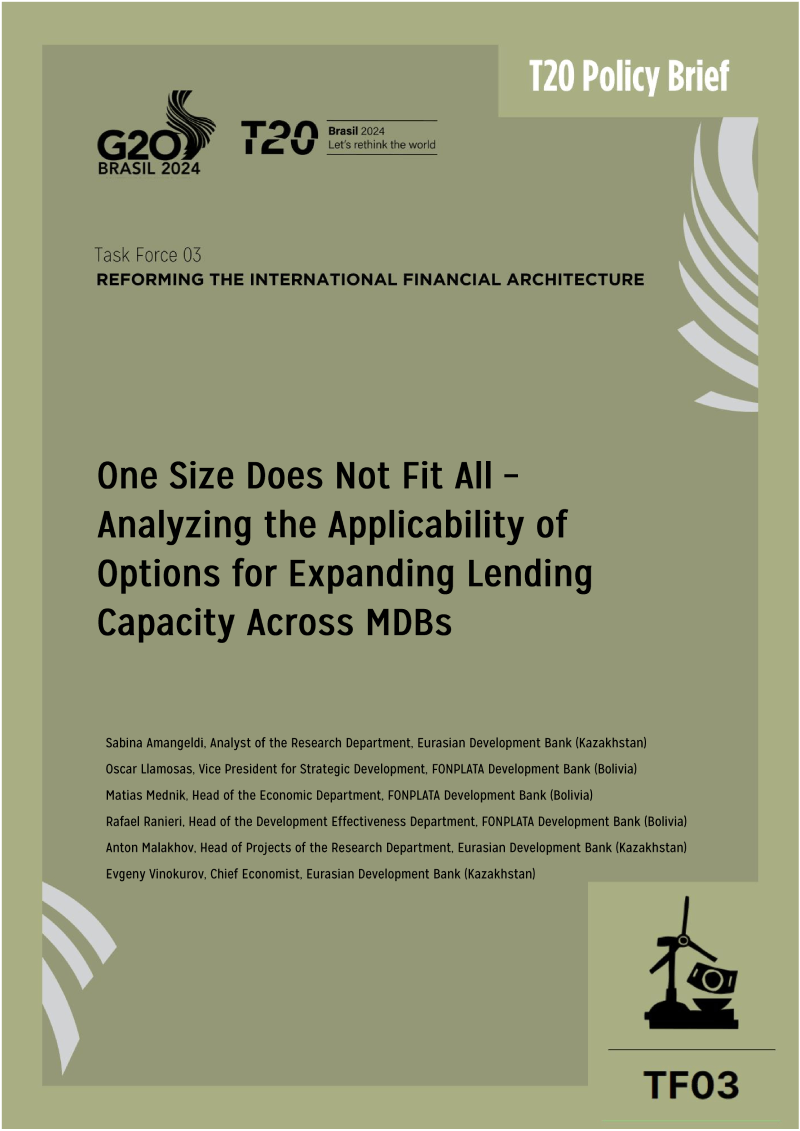
Author: FONPLATA - Development Bank and the Eurasian Development Bank (EDB)
Publication date: September 2024
One size does not fit all – Analyzing the applicability of options for expanding lending capacity across MDBs
This policy brief was jointly prepared by FONPLATA – Development Bank and the Eurasian Development Bank (EDB) and selected for publication by the T20. It analyzes different alternatives to expand the MDBs lending capacity, focusing on the particularities of regional and sub-regional MDBs, and provides a roadmap for boosting the lending capacity of such Multilateral Development Banks, thus helping the entire MDB system to realize its potential for additional financing for the Sustainable Development Goals.
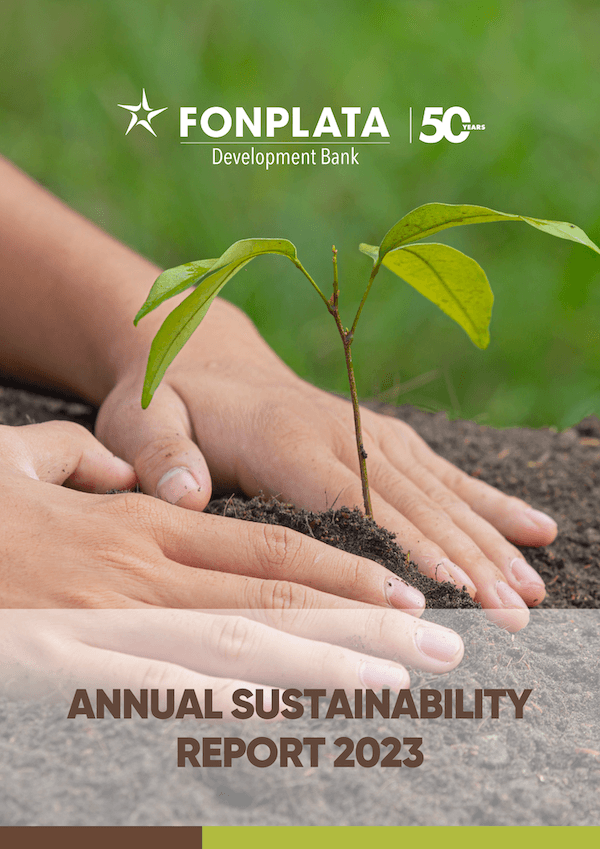
Author: Rafael Ranieri and Brisa Rejas
Publication date: May 2024
Annual Sustainability Report 2023
Following the first bond issuance under its Sustainable Debt Framework in 2023, FONPLATA presents its first Annual Sustainability Report. This document provides information on the beginning of the Bank's funding program under its Sustainable Debt Framework. With this, FONPLATA consolidates its commitment to channel resources and fund initiatives supporting the Sustainable Development Goals (SDGs) and to strengthen its capacity to generate transformative impacts for its member countries.
Through this Report, FONPLATA shows how its actions to promote sustainability through funding translate into significant development results, contributing to create greater value and benefits for its member countries.
Author: José Brakarz
Publication date: April 2023
Medium-Sized Cities in Brazil: A Sectoral Framework for Investment in Urban Development
The study analyses the characteristics, relevance, and needs of medium-sized cities in Brazil to identify priority sectors for investment and proposes a “Sectoral Framework for Investment in Urban Development”. The framework focuses on projects that address the social, economic, and urban needs of these cities, while considering the importance of protecting the environment.
The key areas identified to support their sustainable growth are: (i) Basic Infrastructure and Housing; (ii) Urban Mobility; (iii) Basic Sanitation – including drinking water, sanitary sewerage, storm drainage, and solid waste; (iv) Local Economic Development; and (v) Municipal Management. The main objective is to collaborate with the planning of investment projects in medium-sized cities, especially those funded by multilateral development finance institutions, based on urban development best practices.
Each key area includes a diagnosis of the characteristics, problems, institutional issues, and relevant legal frameworks, in addition to the proposal of lines of investment to solve the challenges identified.
DOCUMENT IN PORTUGUESE
Author: José Barbero
Publication date: December 2022
Physical Integration of South America
The report addresses the physical integration of South America, highlighting two key initiatives: the Initiative for the Integration of Regional Infrastructure in South America (IIRSA) and the South American Council for Infrastructure and Planning (COSIPLAN). Launched in 2000, IIRSA marked a milestone by establishing an action plan backed by regional financial institutions. Later, COSIPLAN continued these lines of work after the creation of UNASUR, in 2008.
The report analyzes the evolution of these initiatives from three perspectives: an overview, a detailed revision of the project portfolio, and the monitoring of five groups of projects. Although there has been visible progress in connectivity, it points out shortcomings, such as environmental imbalances and limited progress in services.
As a conclusion, it presents lessons learned and suggests approaches for future stages, emphasizing the importance of results-oriented project planning, incentive-based implementation, and an effective and sustainable organization for the ongoing management of regional physical integration. Additionally, it mentions the relevance of the integration corridor concept and proposes initiatives for the future, such as quality standards, pre-investment support, and adequate institutional organization.
DOCUMENT IN SPANISH
Author: FONPLATA
Publication date: December 2021
Sustainable Debt Framework
FONPLATA’s Sustainable Debt Framework is part of the Bank’s Sustainability Strategy, which is embedded in its broader Institutional Strategic Plan. Acknowledging socio-environmental development as critical for sustainability and inclusion in the River Plate Basin, the Bank is committed to financing projects that mitigate the impacts of disasters and promote the sustainable management of environmental resources.
FONPLATA's socio-environmental strategy is based on criteria such as compatibility and complementarity with member countries’ legislation, risk prevention, environmental management standardization, and cost internalization. Additionally, the Bank endorses environmental and social goals, supporting the Sustainable Development Goals and Nationally Determined Contributions.
As part of its commitment, FONPLATA has created a Sustainable Debt Framework that guides the issuance of sustainable financial instruments, aligning with international principles and establishing criteria for use, project evaluation, resource management, and reporting. External revision by Sustainalytics ensures that the Framework meets the highest standards of the Sustainability Bond Principles.
Author: Economist Intelligence Unit
Publication date: April 2021
Under Pressure: The Economic Costs of Water Stress and Mismanagement
Freshwater is essential for human health, the global economy, and social welfare, being used not only for direct consumption, but also indirectly consumed via food and other products. Despite its importance, sustainable management of water resources has been insufficient, as its demand has outpaced population growth.
Global water demand is projected to increase by 1% per year until 2050, generating an increase in the world's population and the share of the global economy subject to water stress. The water crisis involves both scarcity and excess and is responsible for natural disasters. Moreover, deterioration in water quality generates additional costs through detrimental effect on soil, fisheries, and human health, with cross-border impacts. Despite acknowledging the seriousness of water-related risks, policies and businesses tend to focus on the immediate consequences rather than addressing the underlying factors.
Agriculture, the industrial sector, and household lack of access to drinking water are critical areas affected by scarcity. To address these challenges, the document highlights priority actions for sustainable water management at government, business, and community levels.

